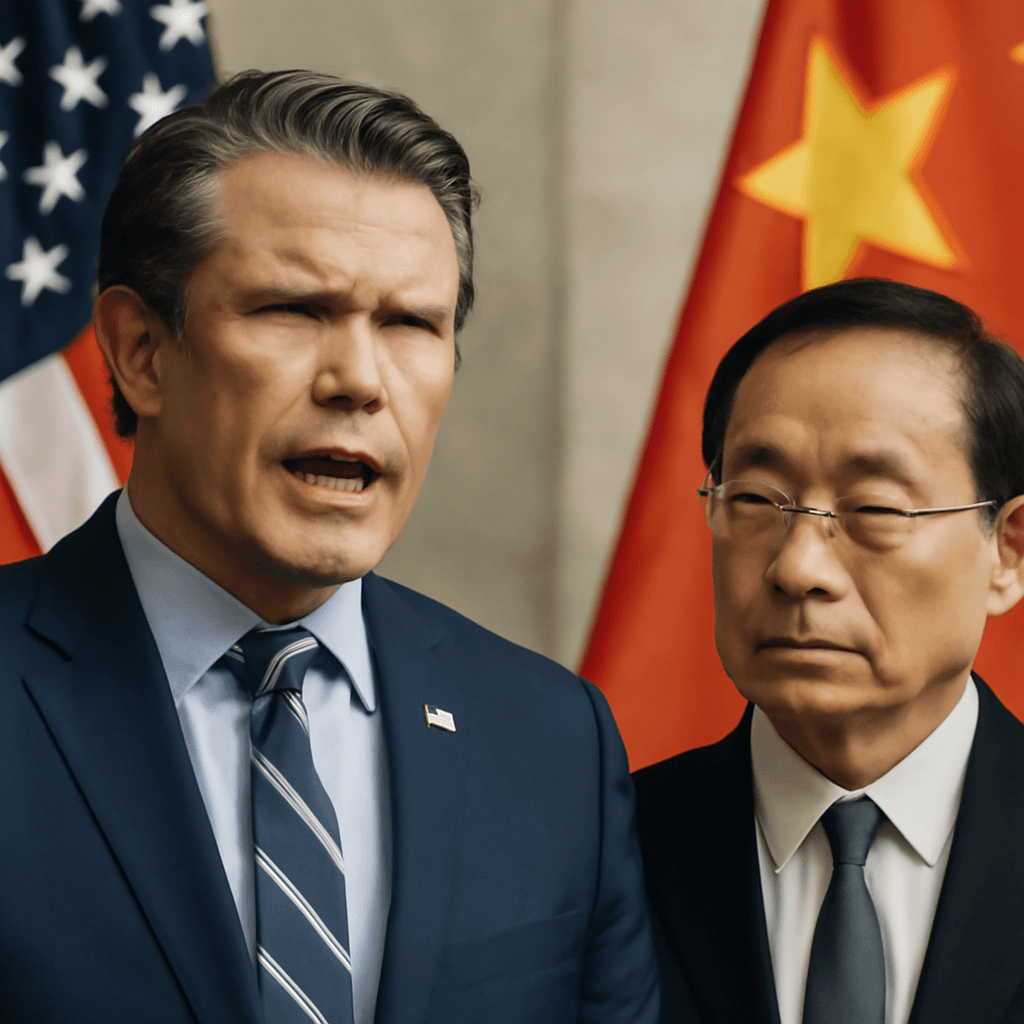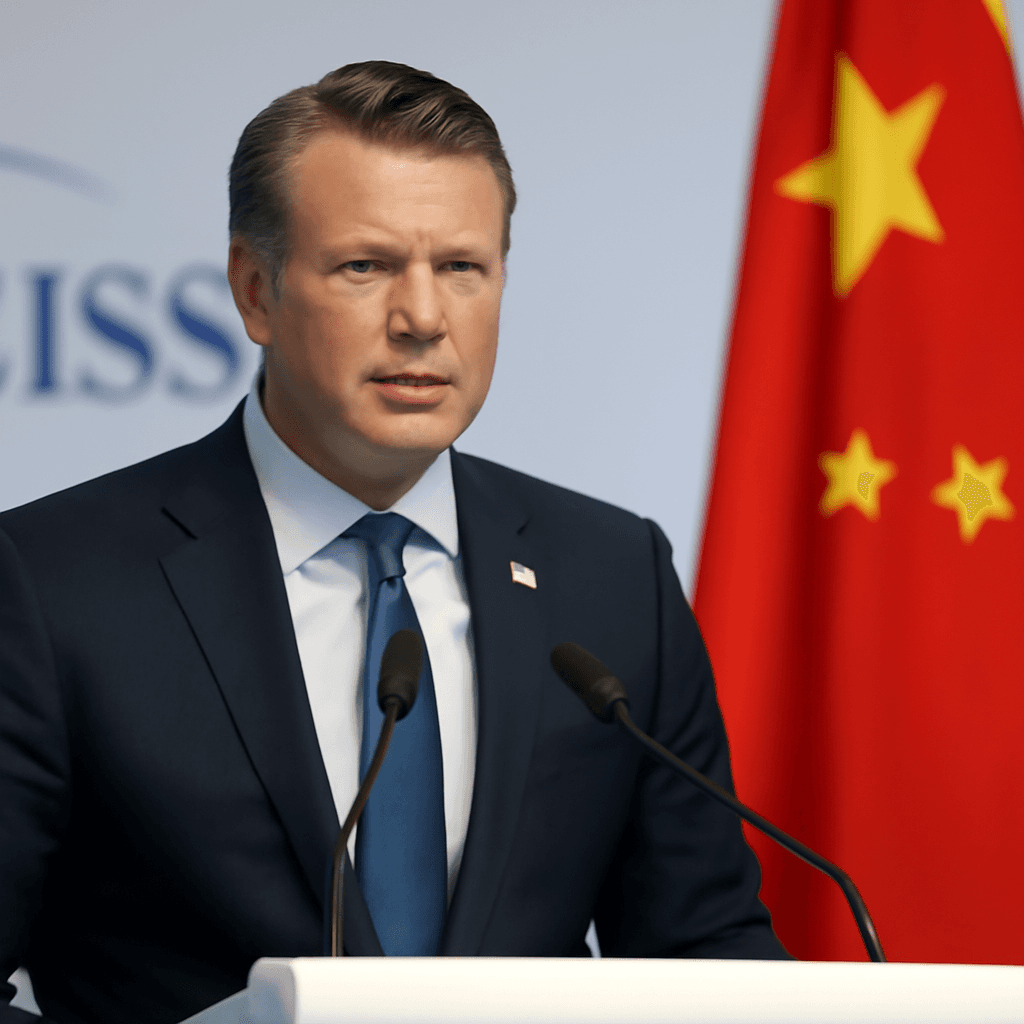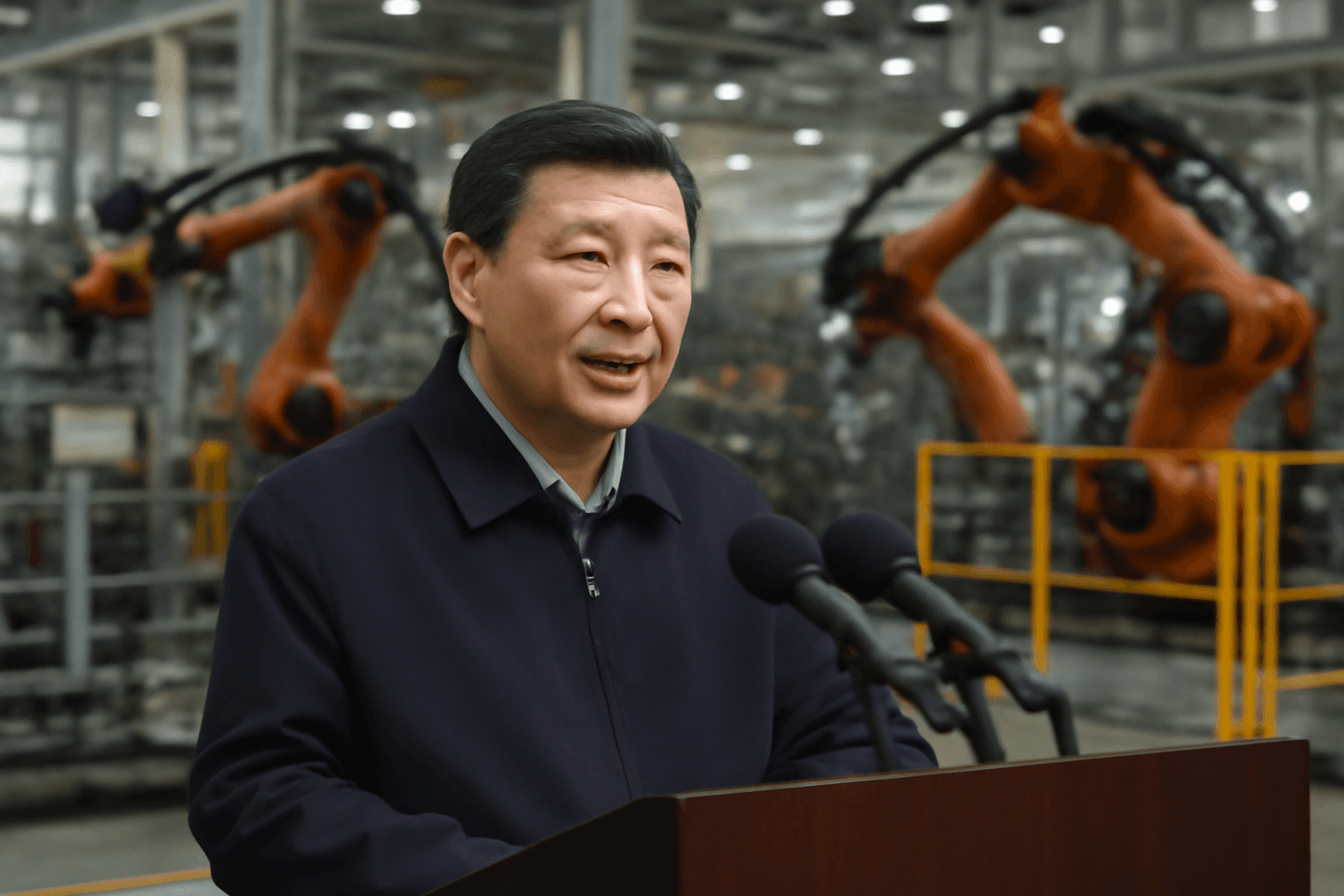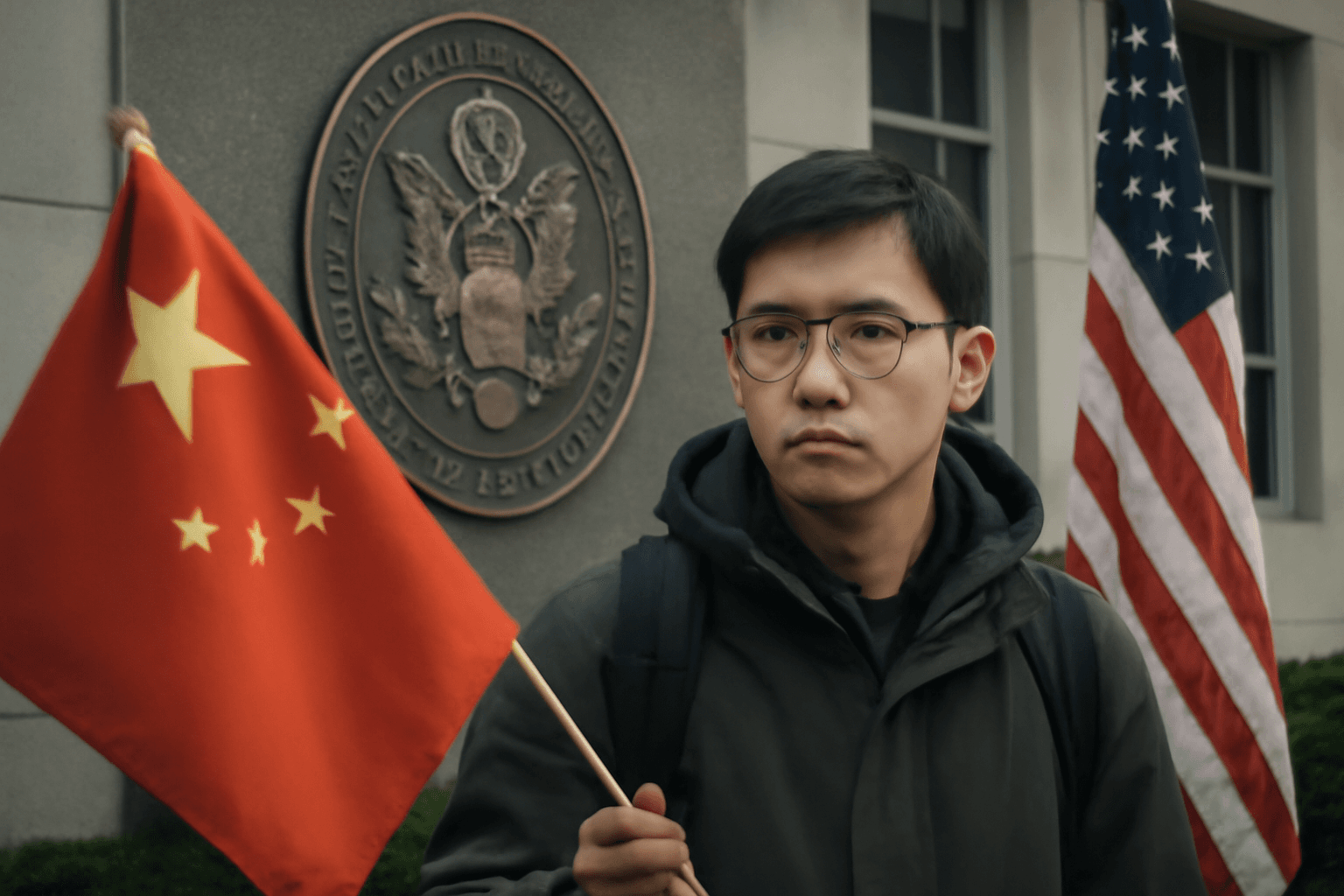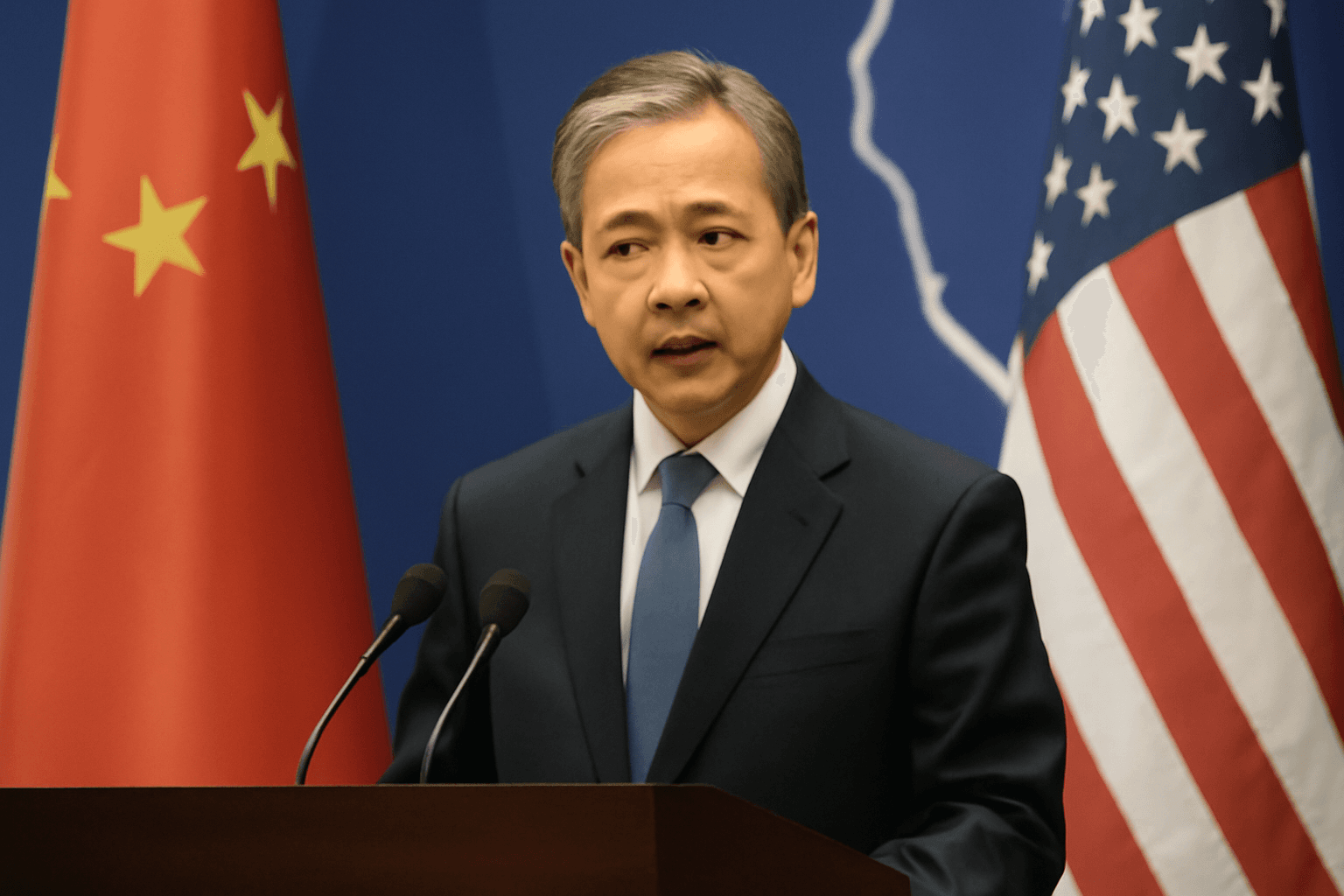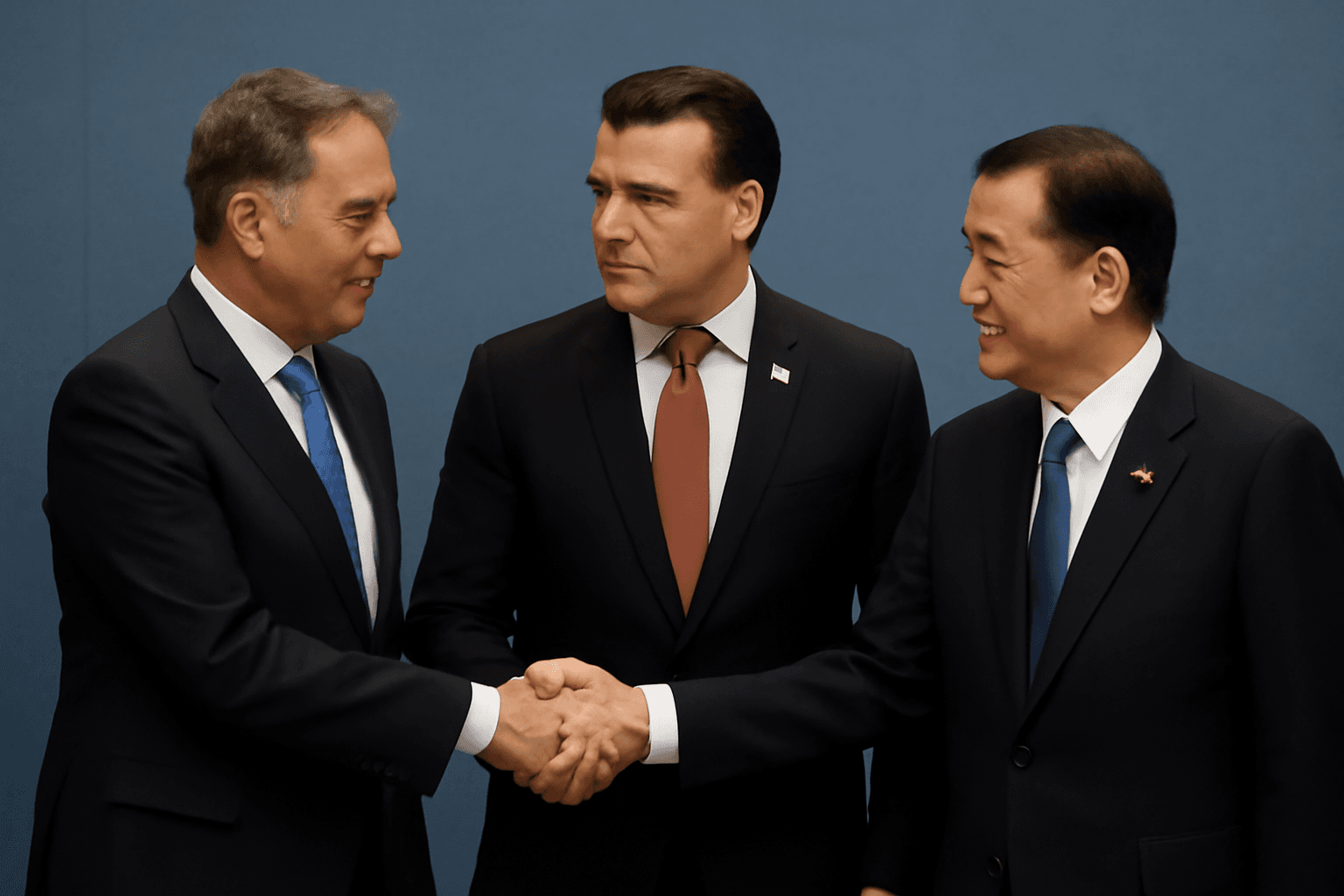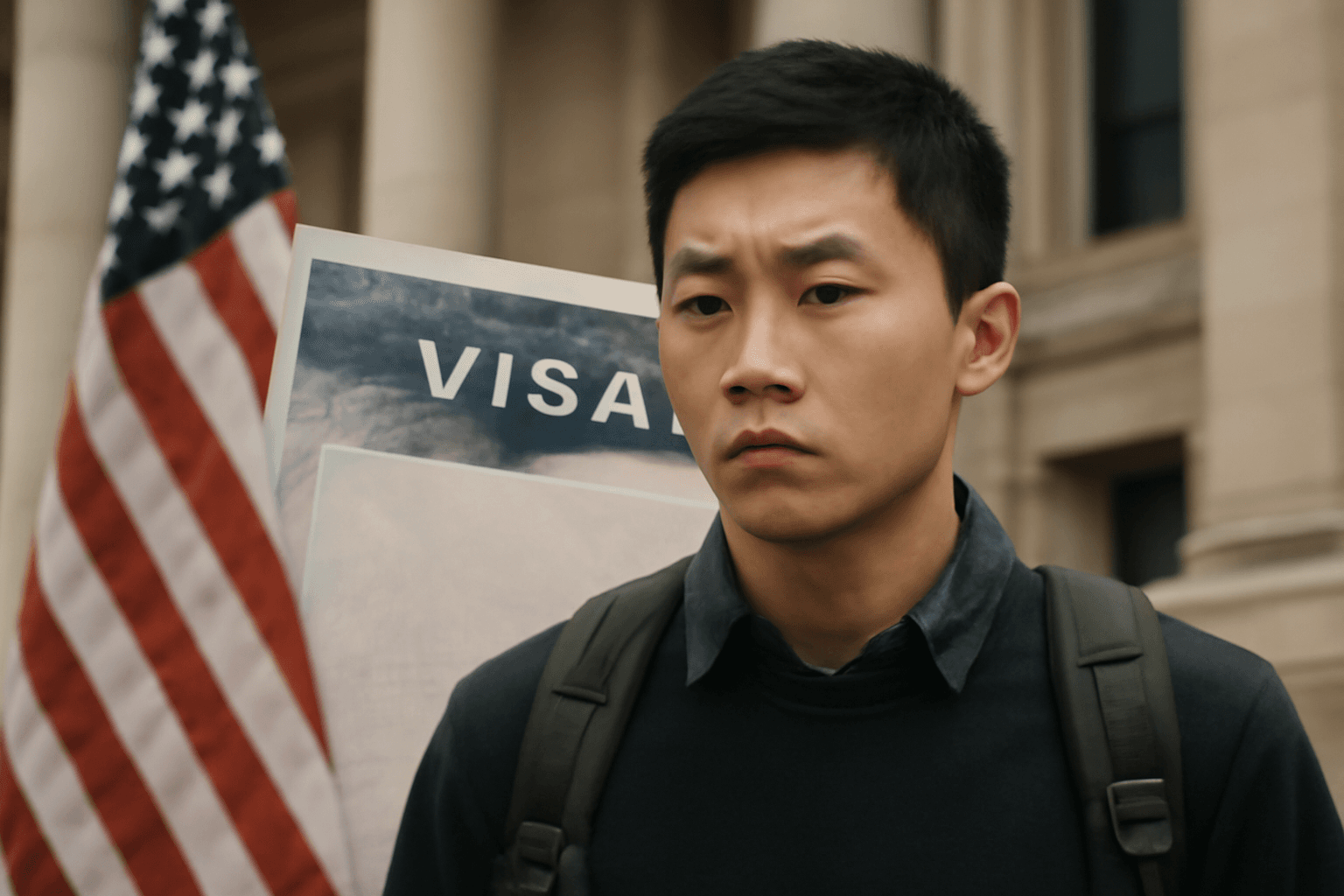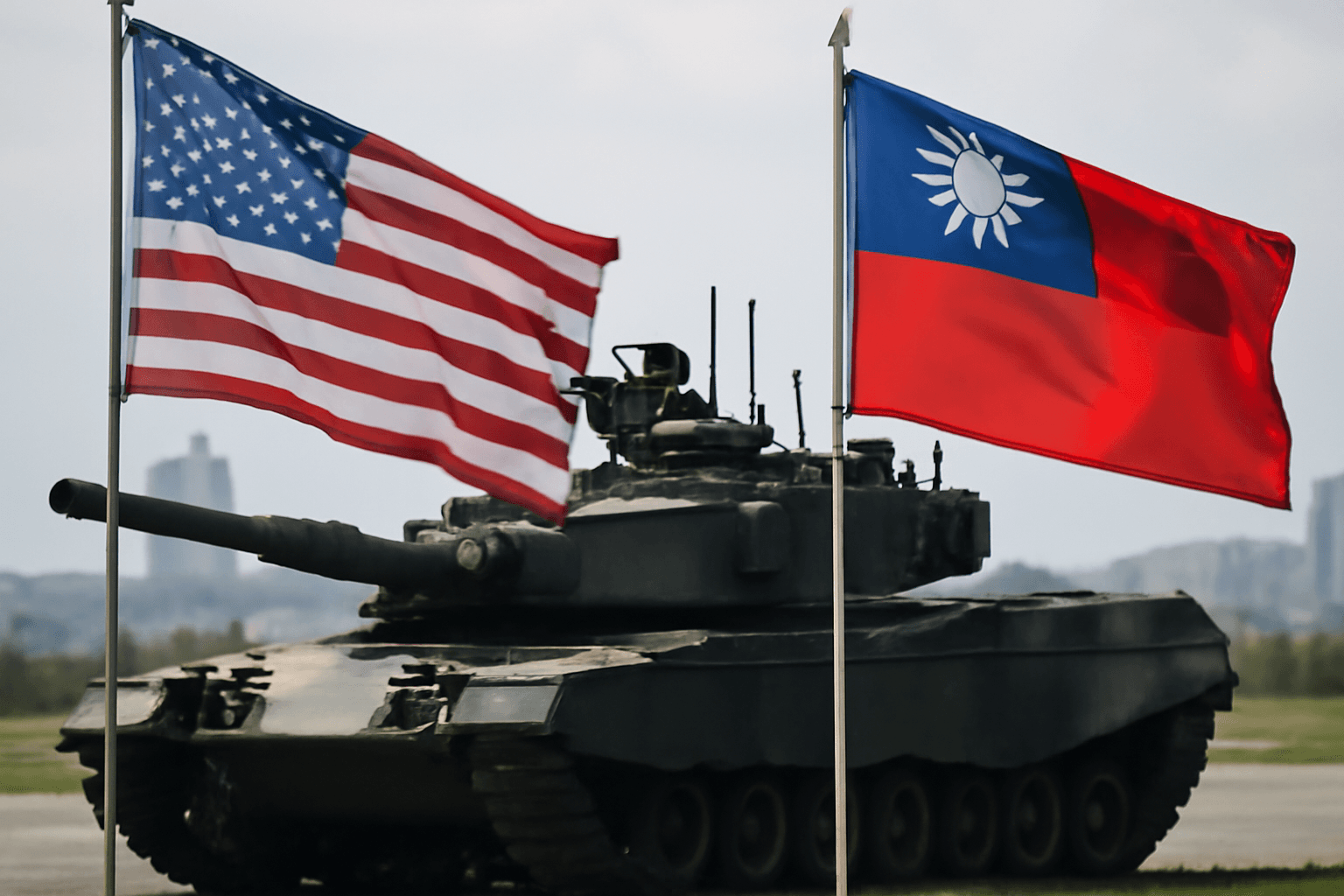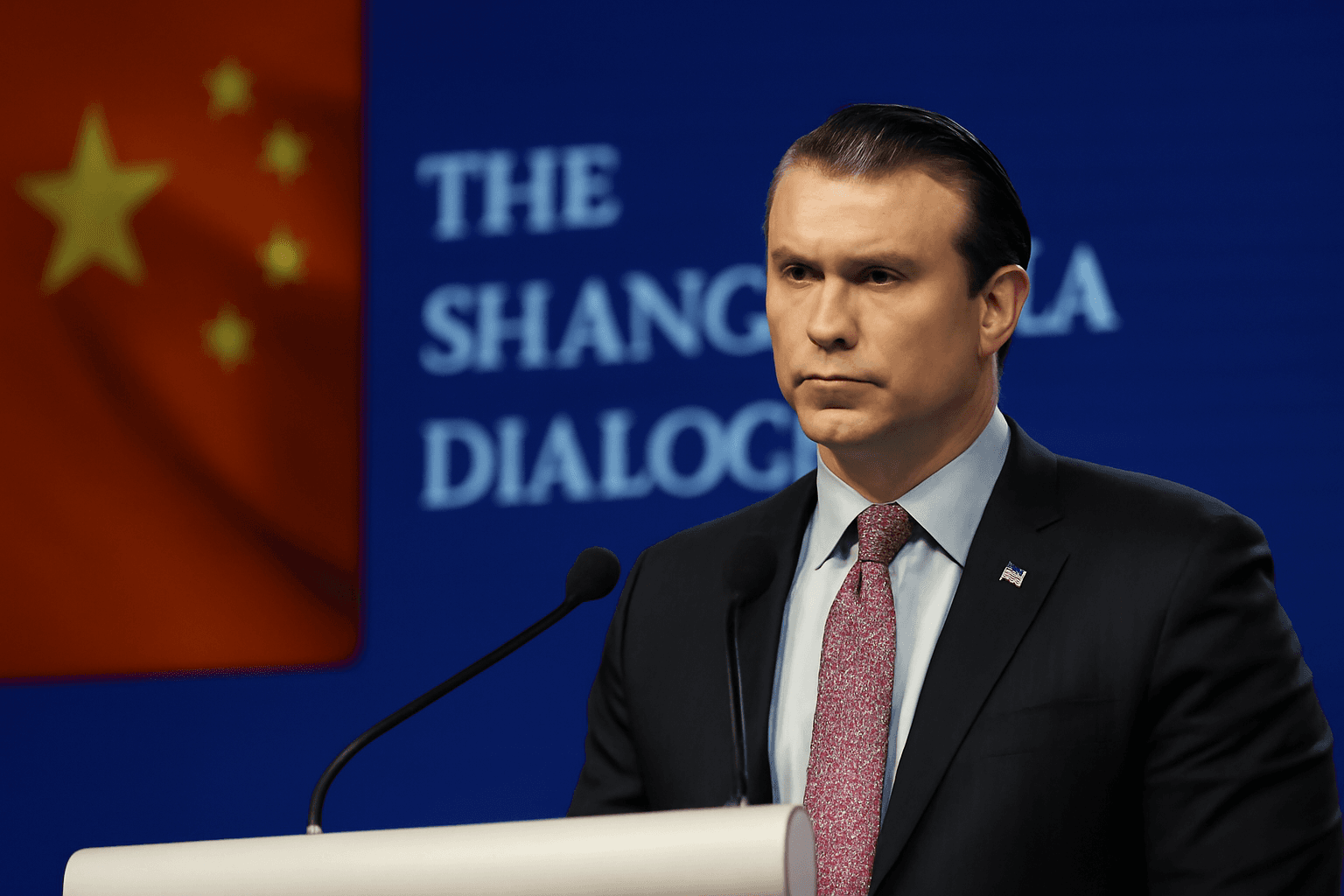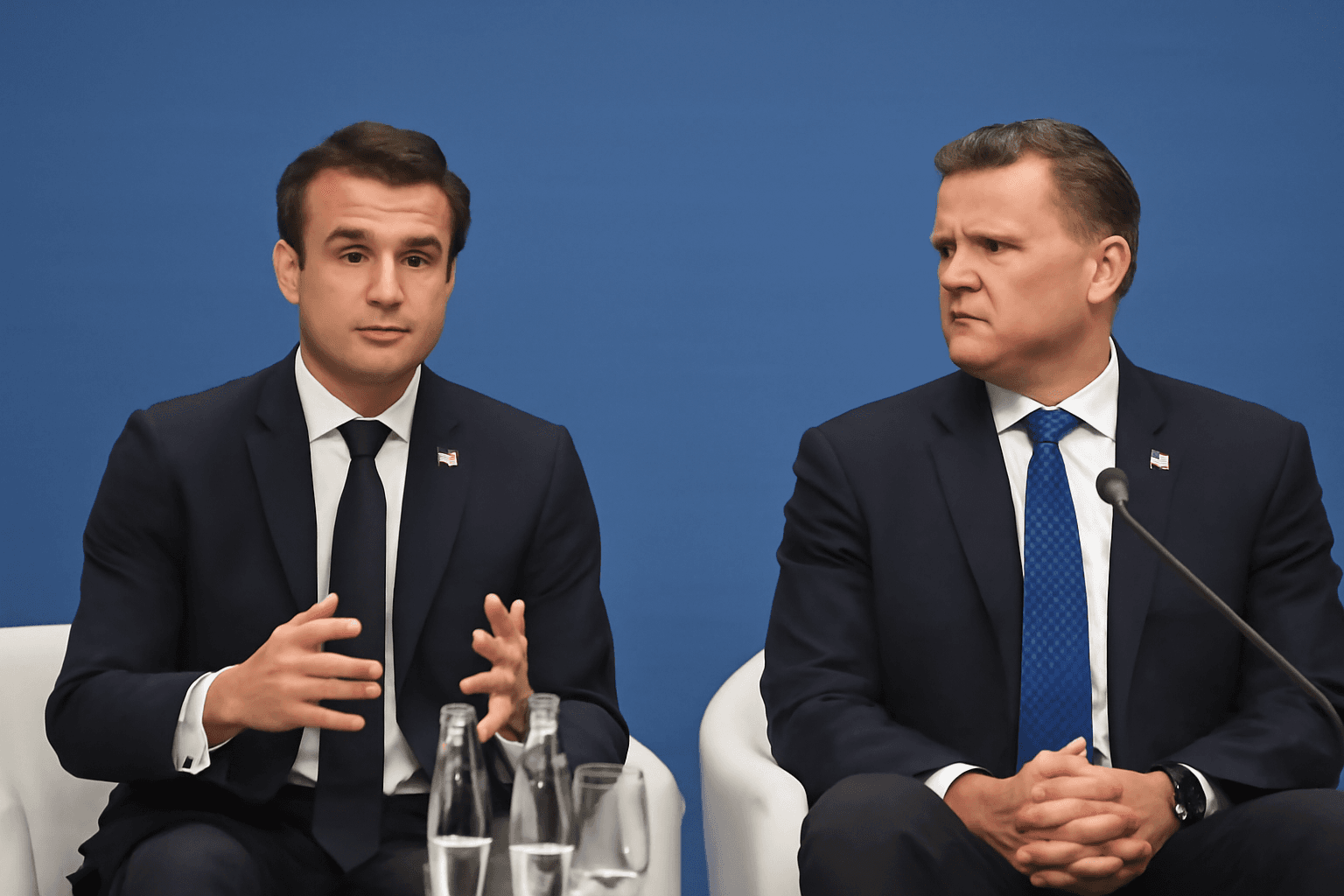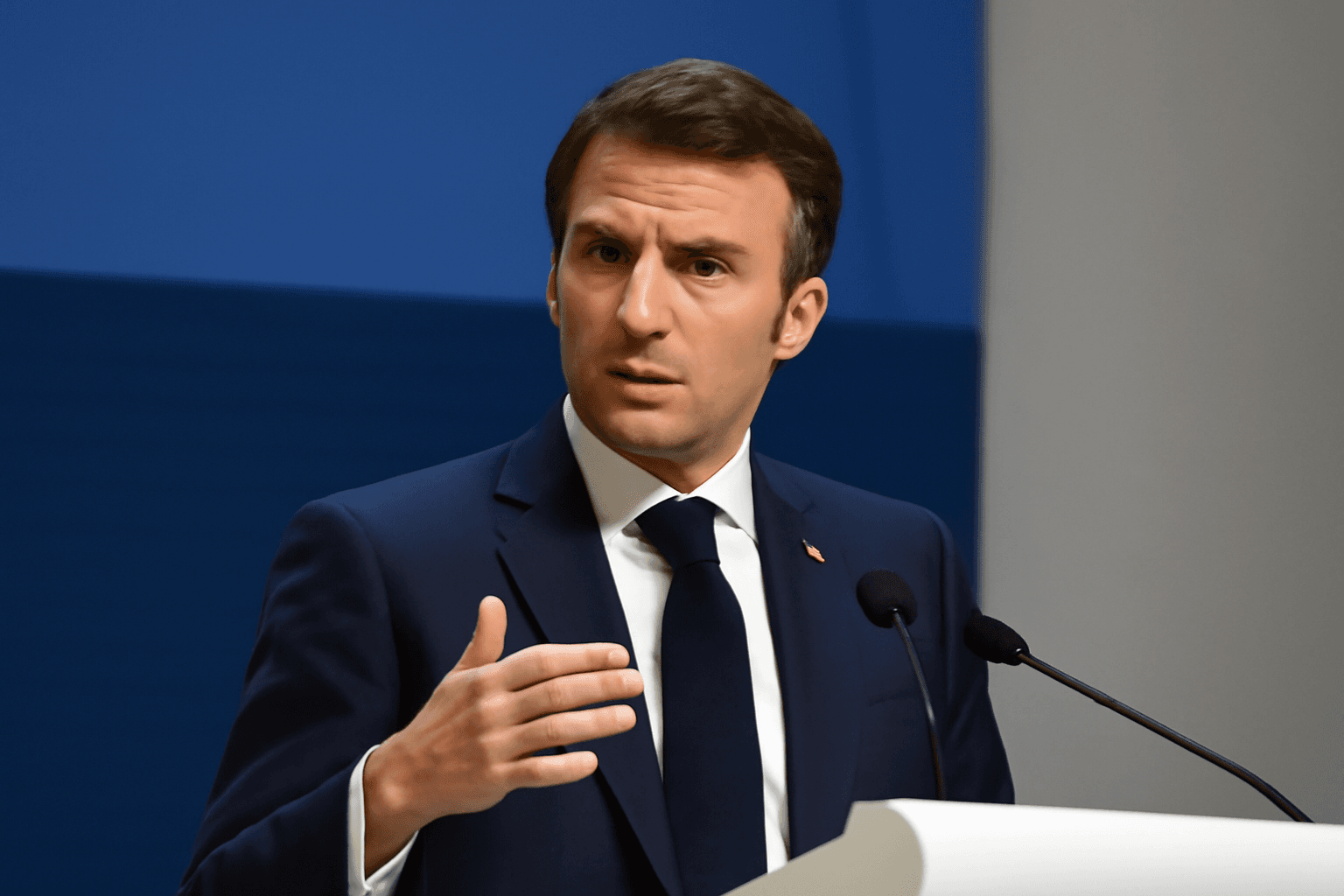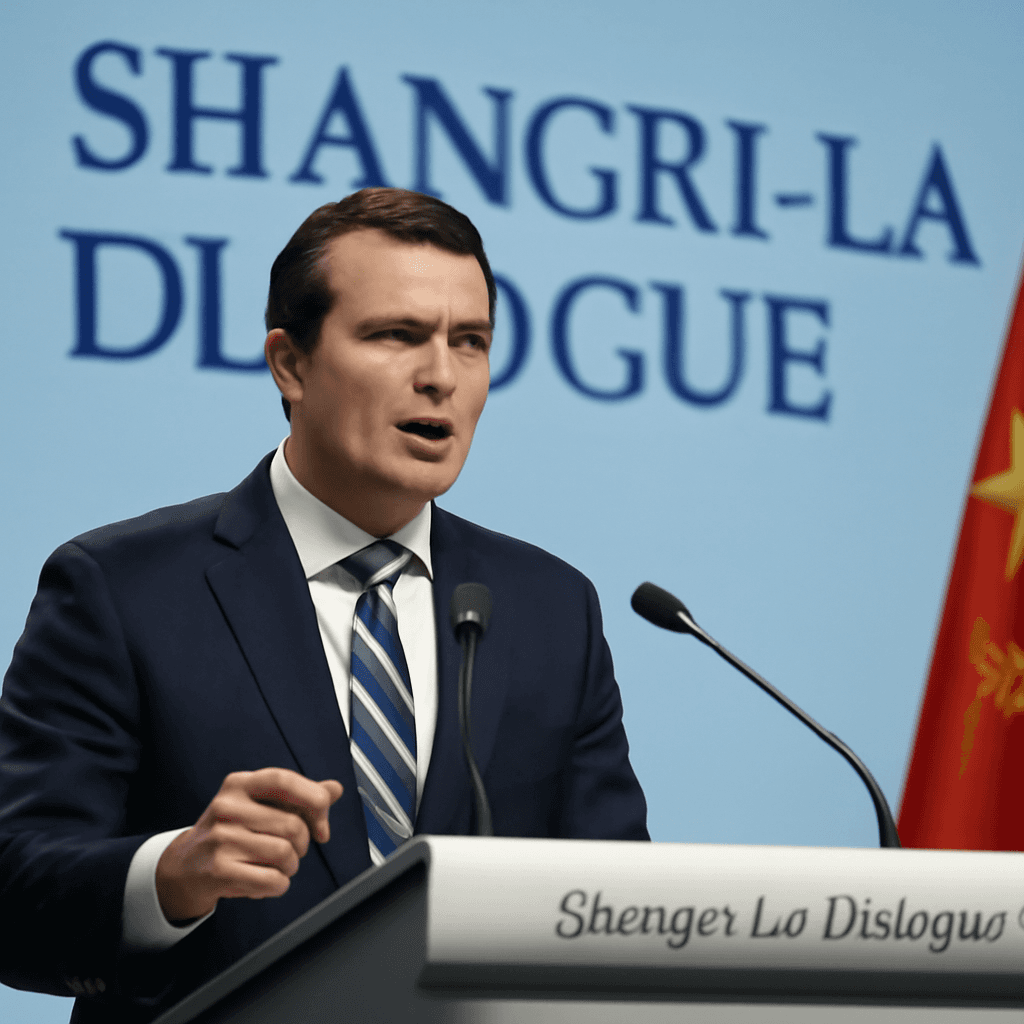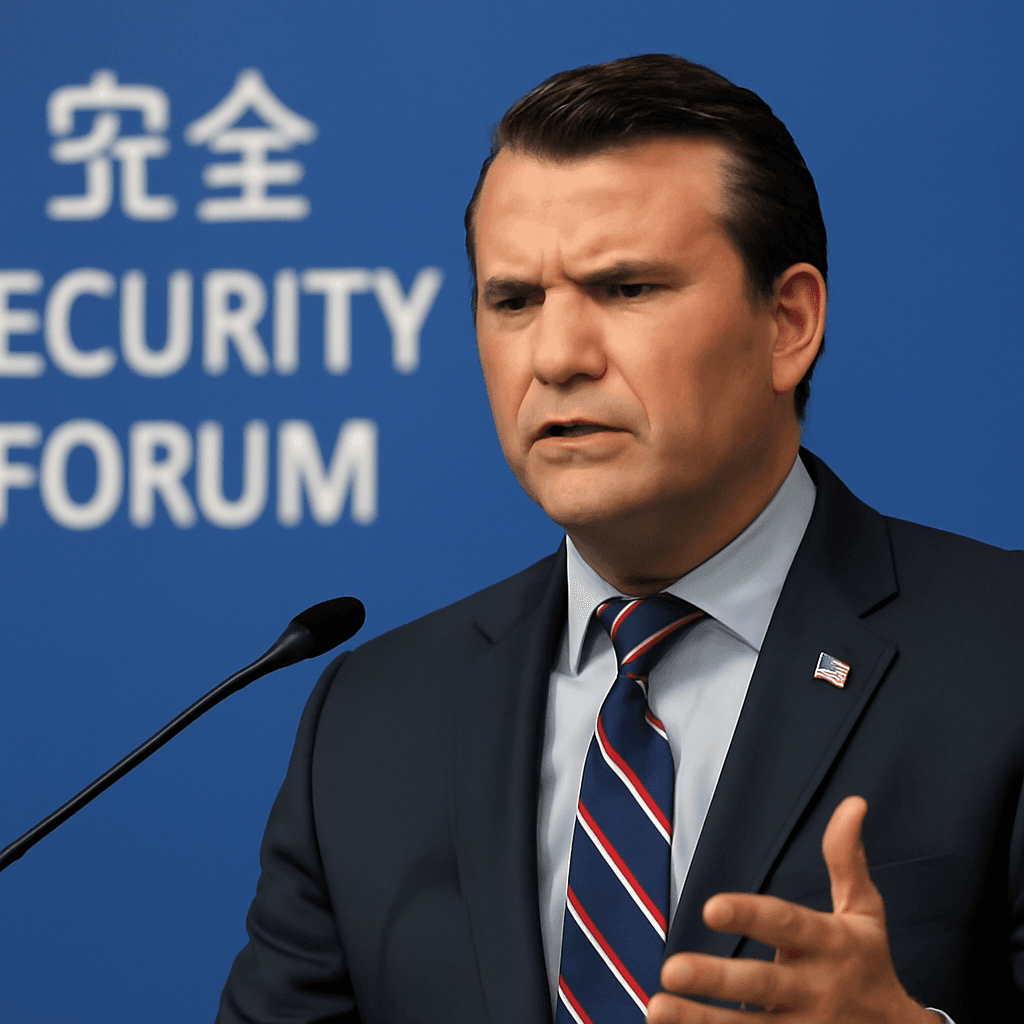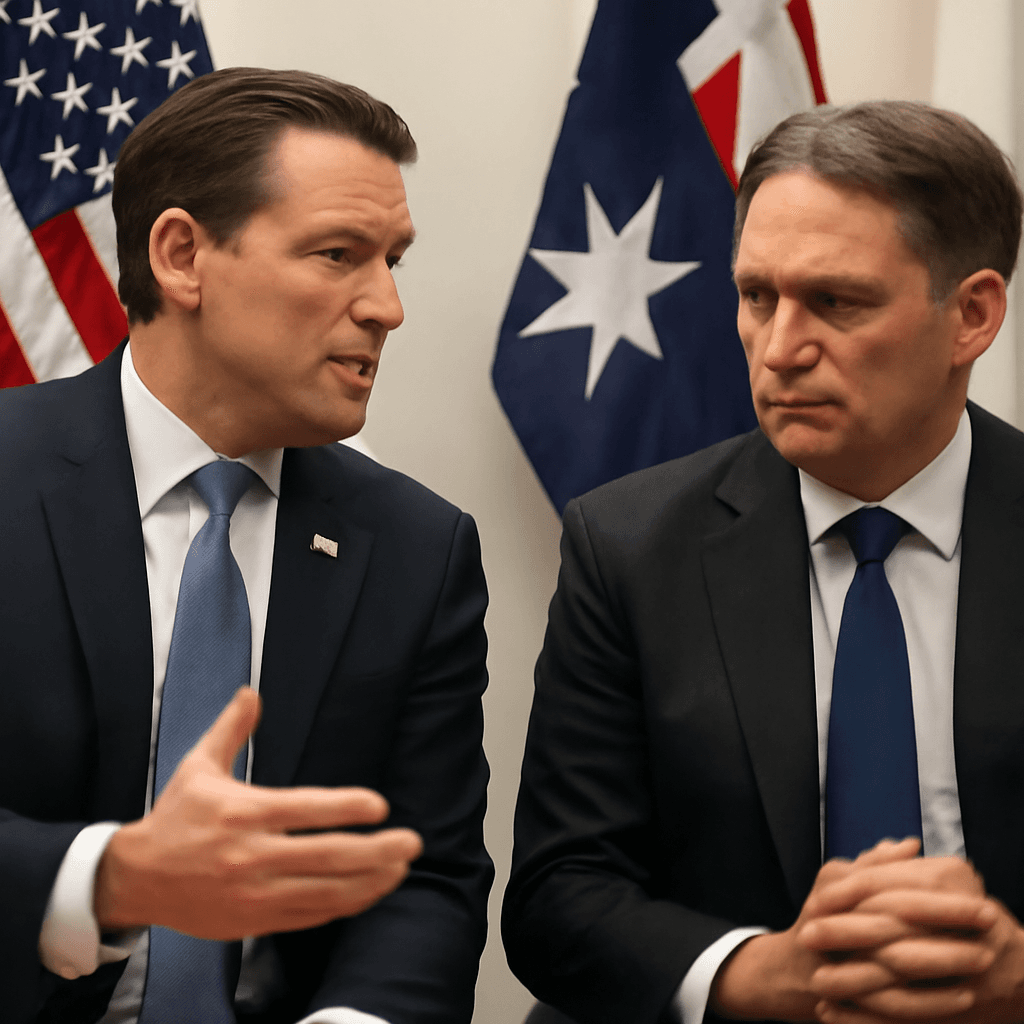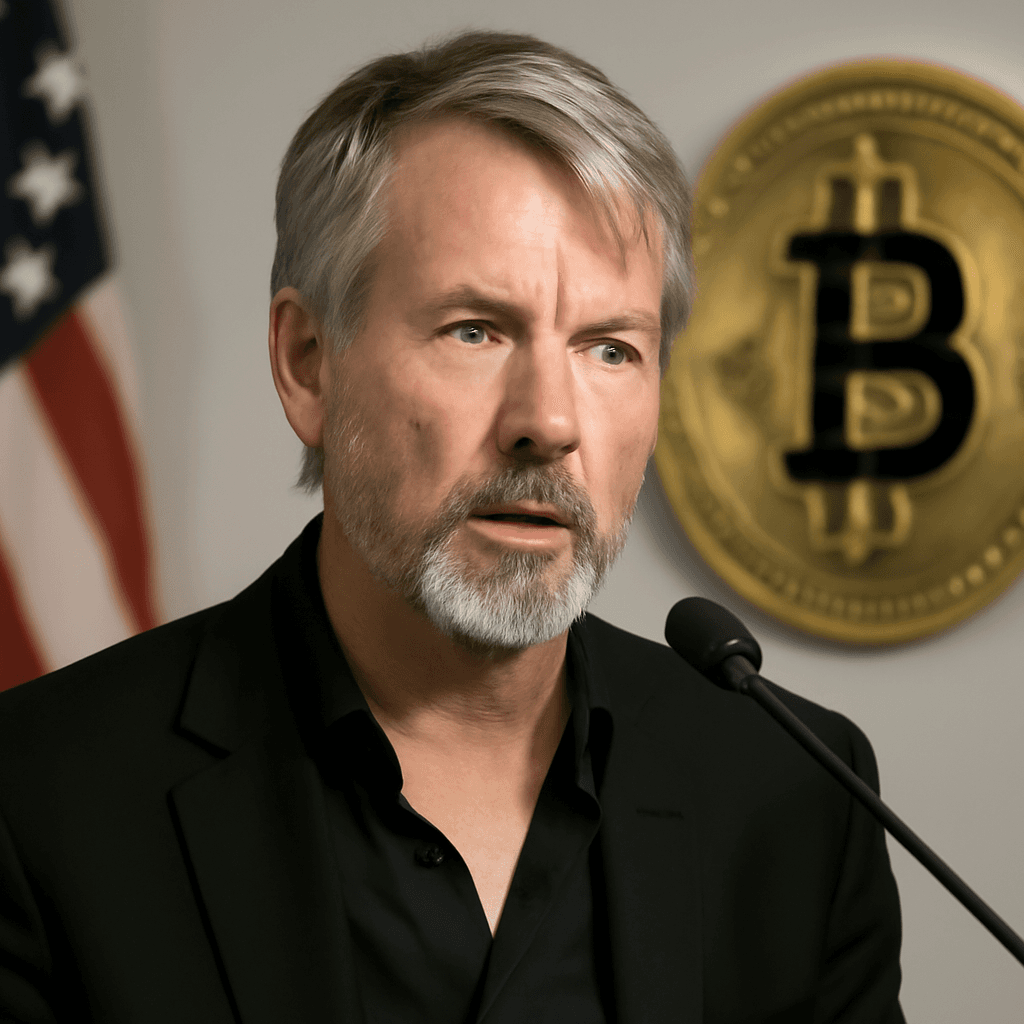China Condemns US Comments on Taiwan at Singapore Security Summit
China has issued a stern warning to the United States over recent remarks made by US Secretary of Defense Pete Hegseth during a security forum in Singapore. Hegseth’s comments, suggesting that China is "credibly preparing" to use military force to alter the strategic balance in Asia, sparked a swift diplomatic backlash.
US Secretary of Defense Raises Alarm on China’s Military Intentions
In his keynote speech at the annual security conference, Hegseth emphasized concerns over China’s growing military capabilities, stating that the Chinese military was actively "rehearsing for the real deal" with regard to a potential invasion of Taiwan. He underscored that the threat posed by China is serious and potentially imminent.
China Strongly Deplores Comments, Lodges Formal Protest
Following the speech, China’s Foreign Ministry released a statement condemning Hegseth’s remarks as provocative and unfounded. The ministry announced it had made "solemn representations" to the US government and declared that it "strongly deplores" the statements made by the US defense chief.
The statement further cautioned the United States against using the Taiwan issue as leverage to contain China, warning Washington that it “should not play with fire.” Beijing reiterated that Taiwan is an internal Chinese matter and that foreign interference is unacceptable.
Background: Taiwan and Regional Tensions
China views Taiwan as a breakaway province and has not ruled out the use of force to achieve reunification. In recent years, Beijing has intensified both military drills around the island and diplomatic pressure to assert its territorial claims.
Additional Accusations and Regional Claims
Hegseth also accused China of unlawfully seizing and militarizing territories in the South China Sea, a claim China denies. Beijing claims nearly the entire South China Sea despite an international tribunal ruling refuting these claims. The Foreign Ministry stated there have never been navigation issues in the disputed waters and emphasized China’s commitment to safeguarding its territorial sovereignty and maritime rights under international law.
Moreover, China criticized the United States for its military deployments in the Indo-Pacific region, accusing Washington of escalating tensions and transforming the area into a potential "powder keg."
Summary
The escalating rhetoric highlights increasing tensions between the US and China over Taiwan and regional security. China’s firm stand against US commentary reaffirms its position on Taiwan and territorial disputes in the South China Sea, while the US continues to voice concerns about China’s military ambitions and assertiveness in Asia.

